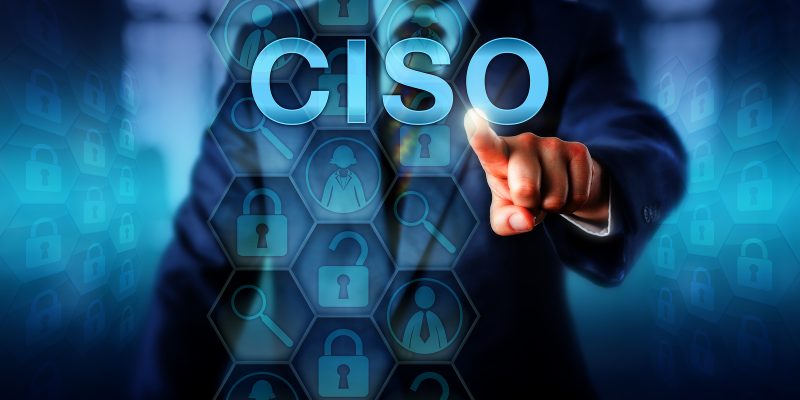Introduction
In today’s fast-paced digital landscape, the role of a Chief Information Security Officer (CISO) has become increasingly vital. With the ever-growing threat landscape and the constant evolution of cyber attacks, organizations require a strong and strategic leader to safeguard their valuable data and protect against potential breaches. This comprehensive article explores the significance of a CISO and how their expertise can ensure the security and resilience of an organization’s digital infrastructure.
The Crucial Role of a CISO
1. Establishing a Robust Cybersecurity Strategy
A CISO plays a pivotal role in developing and implementing a comprehensive cybersecurity strategy tailored to the organization’s specific needs. By conducting thorough risk assessments, they identify vulnerabilities, assess potential threats, and design effective countermeasures. This proactive approach ensures that the organization remains resilient against both current and emerging threats.
2. Safeguarding Sensitive Data
One of the primary responsibilities of a CISO is protecting the organization’s sensitive data. This includes personal customer information, proprietary business data, and intellectual property. By implementing robust data encryption techniques, access controls, and monitoring systems, the CISO ensures the confidentiality, integrity, and availability of critical data assets.
3. Strengthening Incident Response Capabilities
In the event of a cybersecurity incident or breach, a CISO is instrumental in orchestrating an efficient incident response plan. They work closely with cross-functional teams, such as IT, legal, and public relations, to mitigate the impact of an incident, minimize downtime, and maintain stakeholder trust. A well-prepared and practiced incident response plan helps the organization recover swiftly and effectively.
Qualities of an Effective CISO
To excel in their role, a CISO must possess a diverse range of skills and qualities. Here are some key attributes that define a successful CISO:
1. Technical Expertise
A CISO must have a deep understanding of the latest cybersecurity technologies, tools, and best practices. This technical expertise allows them to make informed decisions, assess potential risks, and recommend appropriate security solutions.
2. Business Acumen
In addition to technical knowledge, a CISO must possess strong business acumen. They need to align their cybersecurity strategies with the overall organizational goals and objectives. By demonstrating the value of cybersecurity investments, they gain support from senior management and ensure the integration of security measures into the organization’s core operations.
3. Effective Communication Skills
The ability to communicate complex cybersecurity concepts in a clear and concise manner is crucial for a CISO. They must effectively articulate risks, propose mitigation strategies, and educate employees about cybersecurity best practices. By fostering a culture of security awareness, a CISO creates a vigilant and cyber-resilient workforce.
The Future of CISOs in a Changing Landscape
As technology continues to advance, the role of a CISO will evolve to meet the ever-changing cybersecurity landscape. Here are a few trends that will shape the future of CISOs:
1. Embracing Artificial Intelligence and Machine Learning
Artificial intelligence (AI) and machine learning (ML) technologies offer immense potential in bolstering an organization’s security posture. CISO will leverage these technologies to detect anomalies, automate threat hunting, and enhance incident response capabilities. By embracing AI and ML, CISOs can stay ahead of the constantly evolving threat landscape.
2. Strengthening Collaboration and Partnerships
CISOs will increasingly collaborate with external partners, such as cybersecurity vendors, industry peers, and regulatory bodies. Sharing threat intelligence, collaborating on incident response, and participating in industry forums will enable CISOs to leverage collective knowledge and stay up-to-date with the latest security trends.
3. Nurturing a Culture of Security
In the future, CISOs will place greater emphasis on building a robust security culture within organizations. This involves continuous employee training, promoting cybersecurity awareness, and integrating security into every aspect of the organization’s operations. By fostering a culture of security, CISOs can create a unified front against cyber threats.
Conclusion
As the digital landscape continues to evolve, the role of a CISO becomes increasingly indispensable. With their expertise, CISOs establish robust cybersecurity strategies, safeguard sensitive data, and strengthen incident response capabilities. By possessing technical knowledge, business acumen, and effective communication skills, CISOs navigate the complex cybersecurity landscape with confidence. Embracing emerging technologies and nurturing a culture of security are key to their success in the future.

